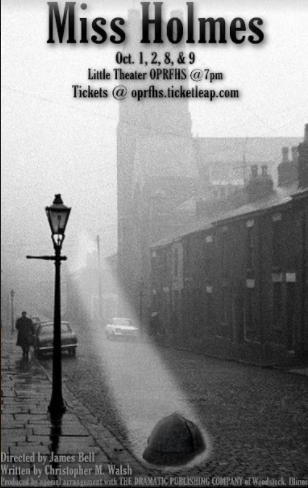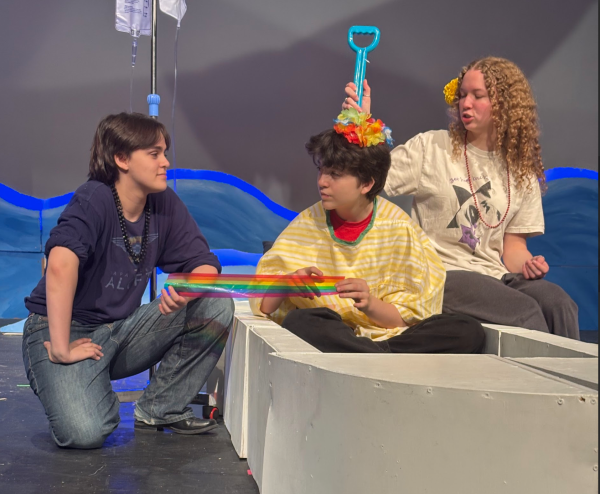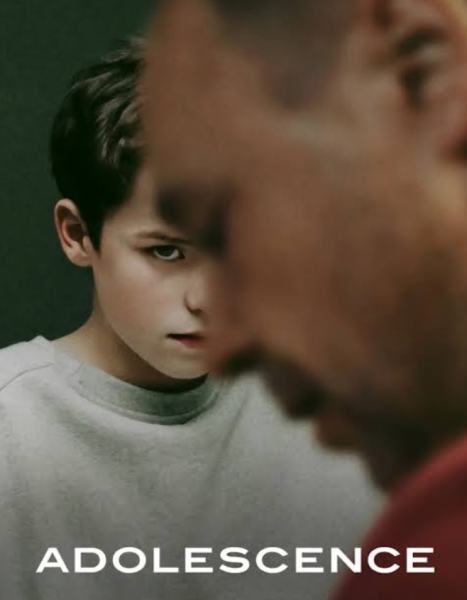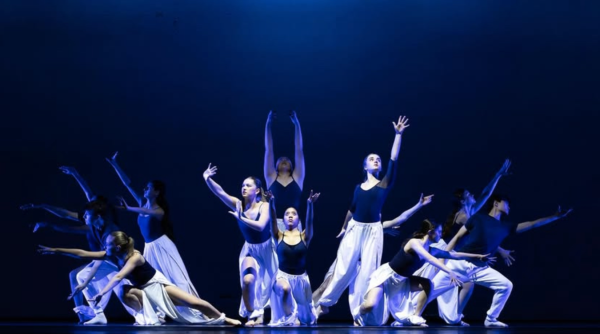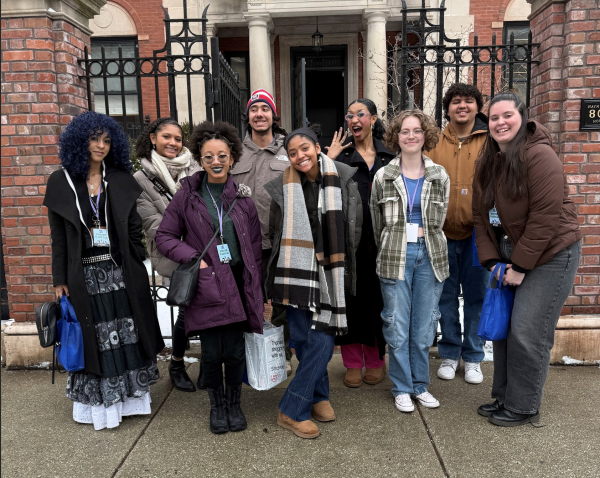Holmes, sweet Holmes “Miss Holmes” a modern take on classic mystery
Theater is back! The second in-person play since the beginning of the pandemic is “Miss Holmes,” written by Christopher Walsh and directed by English teacher James Bell.
The play, a period piece set in 1881, centers around Miss Sherlock Holmes and Dr. Dorothy Watson, female versions of the iconic Sherlock Holmes and Dr. Watson. It covers issues of class and women’s rights.
“In 1881 it was (unheard of) for there to be female detectives and doctors,” said senior Hannah Zavalkoff, who plays Holmes.
“While this play takes place in 1880’s London, the themes of women being (underestimated) and overlooked still resonated for the cast,” said Bell. “This play is about the ways in which women exert their influence, in spite of the unique challenges they face.”
For Assistant Director Greta Kirby, having a woman lead was a major draw. “It gives hope that there will be more female lead productions in the future,” she said.
Bell chose “Miss Holmes” because the play “had some familiarity, but also…had themes that students would be excited about.”
This mostly female production will be performed live in the Little Theatre. There are only two male actors in a cast of 12; female and non-binary students will perform in male roles. Zavalkoff said she “was immediately drawn to the show and very excited when I found out I got the part of Sherlock.” Because of the disproportionate number of male to female actors, females have a much harder time getting leads, says Kirby.
Kirby noted that “Miss Holmes” has also given a number of younger actors an opportunity to perform for the first time since middle school.
Even with the pandemic, OPRF had a full theater season last year. “It was hard, we learned a lot, and also produced art that was impressive given the circumstances,” said Bell. “Despite those things, the return to live theater has been nothing short of invigorating.”
COVID-19 has affected the production in a few ways. “The Little Theatre is smaller than the main theater,” said senior and stage manager Lucy Mann, “so trying to fit the audience in safely is much harder.”
Actors will have to wear masks and use microphones, which are rare for Little Theatre plays to use, according to Mann. Zavalkoff adds, “Facial expressions are very important to acting, so face masks make (expressions) much harder (for audience members to read).”
Because of this problem, “we have done so much voice and body work to help (the actors) tell the story that we want to tell,” said Bell.
Besides masking, the audience will be socially distanced. “Seating between families will be approximately three feet,” said Teslen Sadowski, a teacher and the performing arts facilities manager. With social distancing, the Little Theatre will only be able to hold 170 guests, rather than the usual 350.
This modern twist on a classic mystery will be performed Oct. 1, 2, 8, and 9 in the Little Theatre.

